We all talk about being ourselves But Who Are You, Really?
Content Editor: Alice On
Did you know whenever you stretch outside your comfort zone to learn a new skill, the neurons in the brain can form new and stronger connections? Just like any persisting workout, over time the increased connections will gradually make the brain more efficient and “smarter”. So why is it that some individuals flourish in uncertainty while some fail under pressure? Dr. Carol Dweck, the leading growth mindset researcher for over 30 years, believes it all boils down to whether or not we believe our abilities and intelligence can be developed.
“A growth mindset is not just about effort. Perhaps the most common misconception is simply equating the growth mindset with effort. The growth mindset was intended to help close achievement gaps, not hide them.”
What’s within our control to foster success?
The mindset we have can increase the sense of accomplishment, which, in turn, can become the motivation needed to create an environment to accelerate the brain’s development. For example, in the summary of her work, Mindset: The New Psychology of Success, when students believe they can get smarter, they understand that effort makes them stronger. Therefore they put in extra time and effort, and that leads to higher achievement.
Ultimately, Dweck proposes there are two mindsets - “growth” mindset and “fixed” mindset. In Mindset, Dweck describes the drivers behind the “fixed” mindset as:
If you have only a certain amount of intelligence, a certain personality, and a certain moral character— well, then you’d better prove that you have a healthy dose of them. It simply wouldn’t do to look or feel deficient in these most basic characteristics.
[…]
I’ve seen so many people with this one consuming goal of proving themselves— in the classroom, in their careers, and in their relationships. Every situation calls for a confirmation of their intelligence, personality, or character. Every situation is evaluated: Will I succeed or fail? Will I look smart or dumb? Will I be accepted or rejected? Will I feel like a winner or a loser?
Intelligence, personality, and character are all desirable and it’s normal to want these, however in Mindset, Dweck also proposes:
There’s another mindset in which these traits are not simply a hand you’re dealt and have to live with, always trying to convince yourself and others that you have a royal flush when you’re secretly worried it’s a pair of tens. In this mindset, the hand you’re dealt is just the starting point for development. This growth mindset is based on the belief that your basic qualities are things you can cultivate through your efforts.

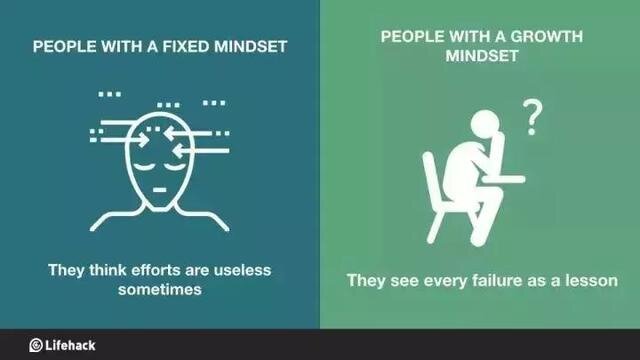
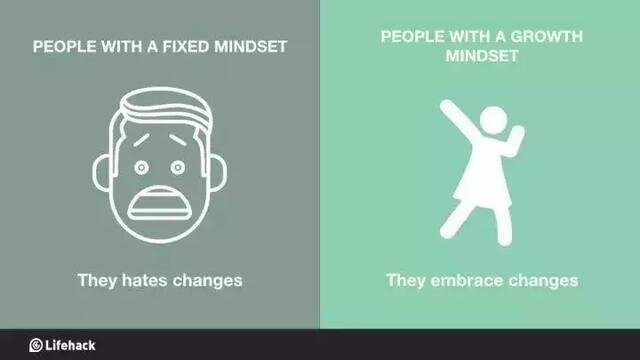
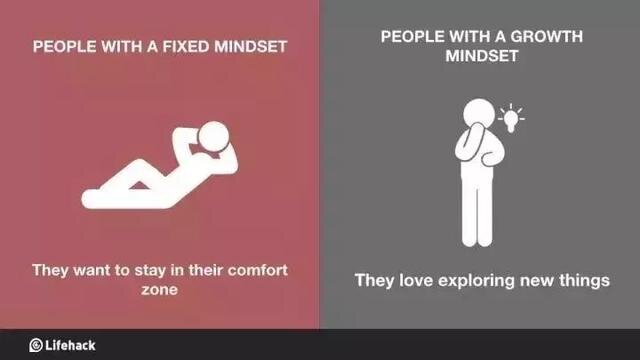
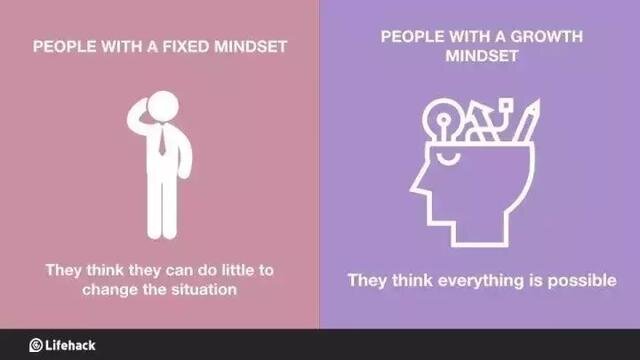
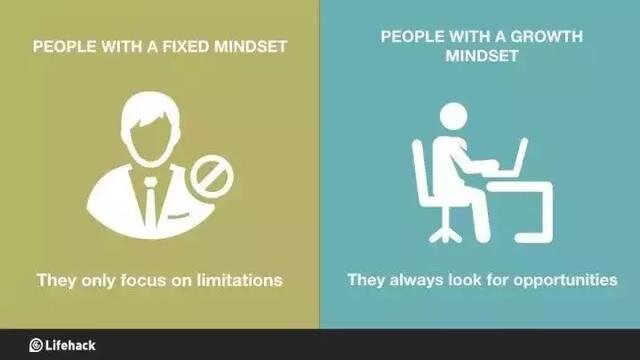
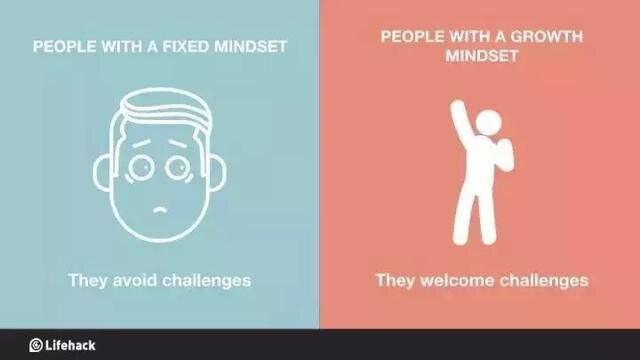
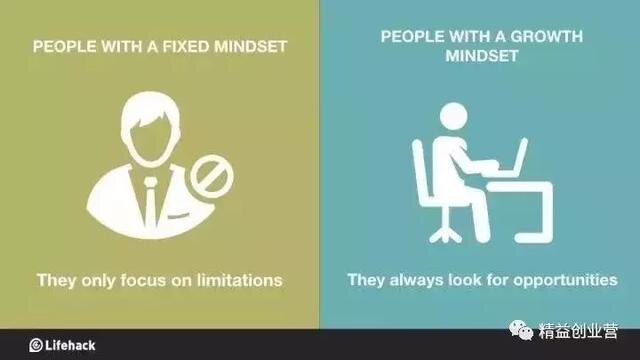
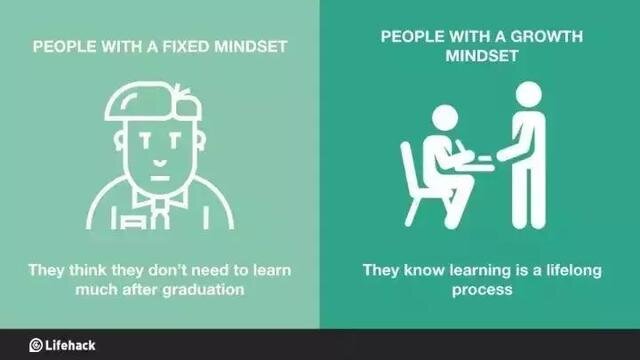





Recipe
A beautiful breakfast without too much prep time, this menu will wake up all your senses!